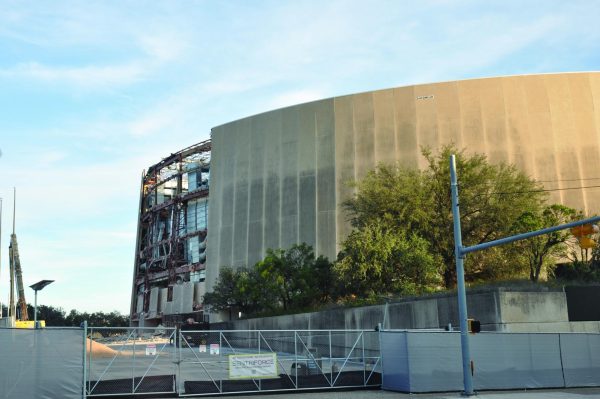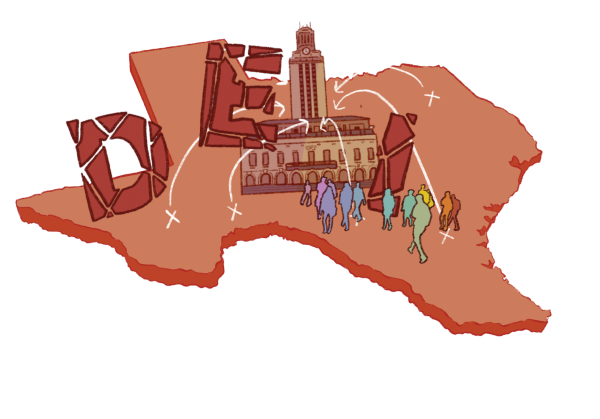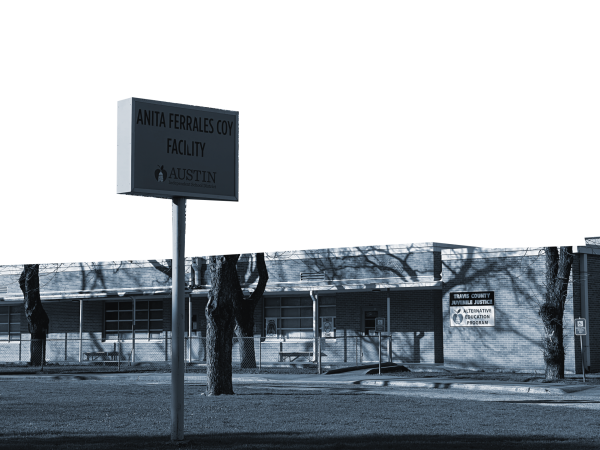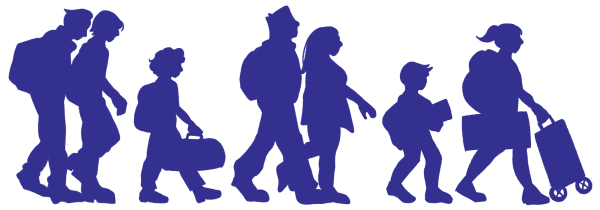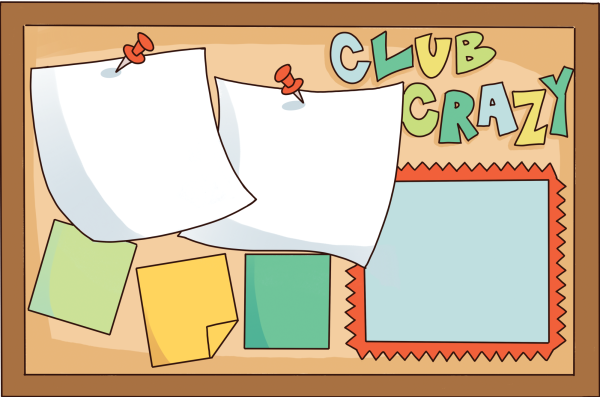COVID-19 Impact on Unhoused People: Austin Organizations Step Up to Provide Shelter
November 15, 2020
Austin’s unhoused population is at high risk of contracting COVID-19, and the City of Austin and various organizations in Austin are giving out food and emergency care, as well as socially-distanced shelter. Monte Osburn, the executive director of the Austin Foundation for the Homeless, is one such person.
Osburn said maintaining connection with clients, donors, associates, and collaborators is a difficult aspect of his job. He said this is especially difficult with clients who don’t have cell phones or cannot receive emails and phone calls because they do not have reliable WiFi.
“Those experiencing homelessness, are at a higher risk than those that are able to stay home and disconnect from the world, and can communicate through phones and internet and those types of things,” Osburn said. “Whereas, those living out on the streets, and those [experiencing homelessness] are not as isolated, and not as protected.”
The Foundation for the Homeless has implemented COVID-19 regulations, and they are also informing their clients of the risks, causes, and methods to protect themselves from the virus. They are also giving out personal protective equipment.
“The biggest thing is, I don’t think people understand that because of COVID, the economic impact and shutting everything down, restaurants and bars and such, has created more homeless families and people because they’ve lost their jobs and you lose your job, you can’t pay rent,” Osburn said.
The Foundation for the Homeless has had no staff test positive for COVID-19 and only one or two clients test positive. Osburn did feel comfortable talking about his opinions on Austin’s policies on unhoused people during the pandemic, but he did say that the organization’s resources are limited.
Kate Moore is the vice president of strategic planning and partnerships at the Ending Community Homelessness Coalition (ECHO). She coordinates about $10 million annually with the U.S. Department of Housing and Urban Development and coordinates funding for the federal government’s Coronavirus Aid, Relief, and Economic Security (CARES) Act.
“We are switched to working all virtually, which has its benefits and its drawbacks,” Moore said. “I think that we’re able to more efficiently, through virtual meetings, go from meeting to meeting with a lot of different kinds of people to coordinate between all of the agencies that are surveying people experiencing homelessness. I think that in general [though], it’s harder.”
According to Moore, the coalition is also shifting its purpose from being an unhoused response system to helping unhoused individuals who are unsheltered or in emergency shelters. They now have 300 hotel and motel units to provide those most vulnerable to the virus with a safe and socially-distanced home. She said that they have been able to help about 500 people with housing.
“I don’t think we talk about what our community is doing well,” Moore said. “Homelessness is such a visible issue in our community, especially since our community has non-criminalized homelessness and decriminalized homelessness. And now we see people coming out of places where they’ve been hiding to sleep. I think that the public might think, because we’re seeing them, that nothing is being done.”
Moore said that unhoused people are more at risk of contracting the virus because they do not have a house where they can stay socially-distanced. Additionally, she said they need to interact with people to get necessary services, risking exposure to the virus. Moore said they have distributed hundreds of tents for better social isolation, thousands of meals through the eating initiative, and protective equipment including masks, hygiene products and water.
“I do think [homelessness] should be one of the biggest focuses because I think that people without housing are really vulnerable to illness,” Moore said. “I think that even if somebody doesn’t approach the situation from a humanitarian, caring about a person being sick with COVID-19 [perspective], if we just think about it from a statistical point of view, it’s expensive.”
Moore said that the virus spreading through the unhoused community would be bad for taxpayers and the medical system. According to her, a fast increase in the cases of the virus would put this city under a lot of financial stress.
Matt Mackowiak is the co-founder of the non-profit Save Austin Now. His organization involves socially distancing, meeting patients virtually, and following and explaining public health guidelines to the unhoused community in Austin.
“I just think at this point, there has to be a fair balance between public health guidelines, trying to save the earth, the economy, to save as many jobs as possible and to help people who are [experiencing] economic distress,” Mackowiak said.

